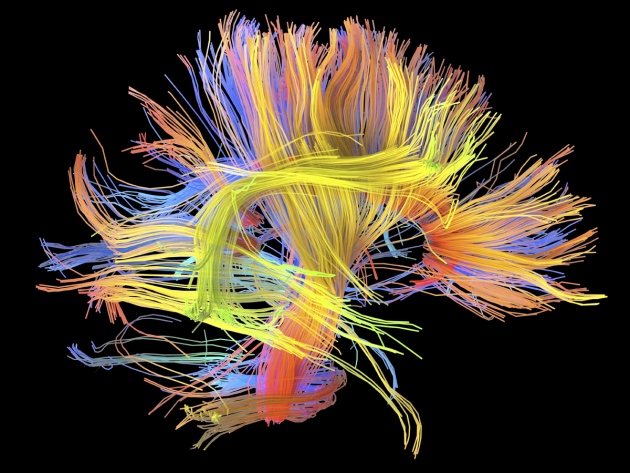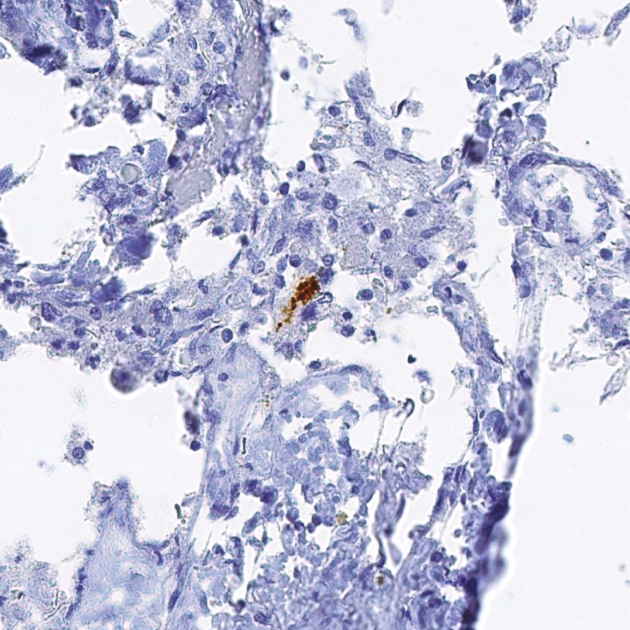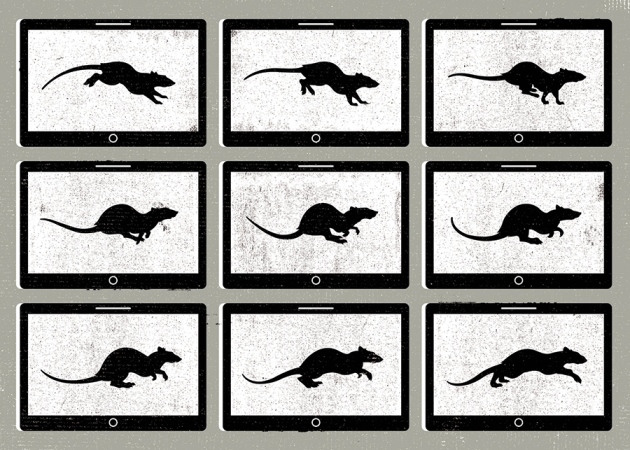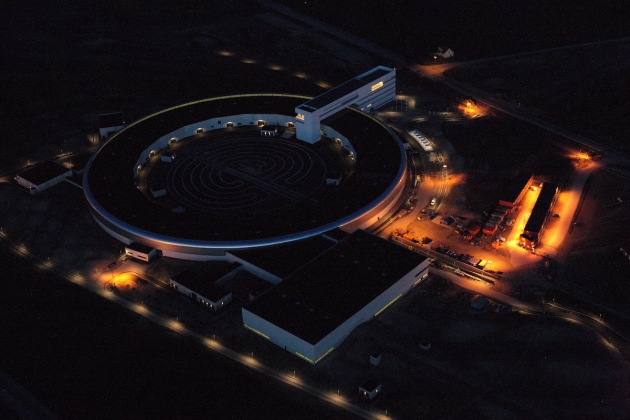Nature News
-

‘Wiring diagrams’ link lifestyle to brain function
Human Connectome Project finds surprising correlations between brain architecture and behavioural or demographic influences.
-

Use of personalized cancer drugs runs ahead of the science
As the costs of genetic sequencing fall, oncologists are starting to prescribe expensive new drugs that target the genetic profiles of their patients’ tumours, even when those treatments have not […]
-

Autopsies reveal signs of Alzheimer’s in growth-hormone patients
Brain plaques may have been seeded by contaminated hormone extracts from cadavers.
-

Space station dark-matter experiment hits a glitch
Alpha Magnetic Spectrometer cooling pump failure raises questions about its longevity.
-

Motion studies: See how they run
Software tools that track how animals move are helping researchers to do everything from diagnosing neurological conditions to illuminating evolution.
-

Next-generation X-ray source fires up
Electrons have begun circulating in a synchrotron in Lund, Sweden, in what researchers hope marks the start of a new era for X-ray science.
-

Nanotube implants show diagnostic potential
Devices could track insulin levels in the body or sniff out cancerous cells.
-

The cannabis experiment
As marijuana use becomes more acceptable, researchers are scrambling to answer key questions about the drug.
-

Most gay and lesbian researchers are out in the lab
Lesbian, gay, bisexual and transgender (LGBT) scientists feel more accepted in the workplace than their peers in other professions, a US survey suggests. The study, published in the Journal of […]
